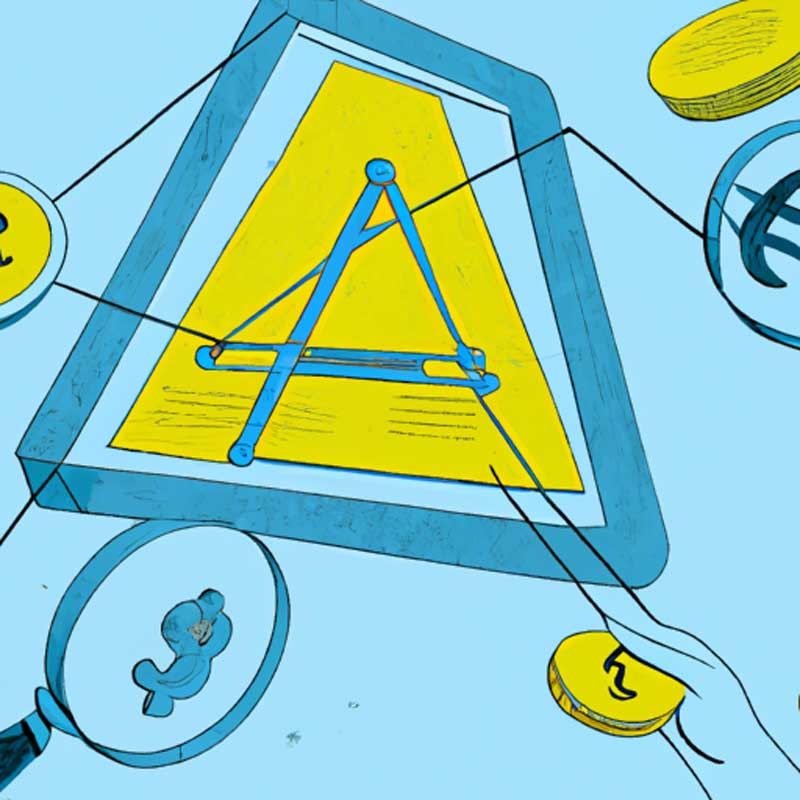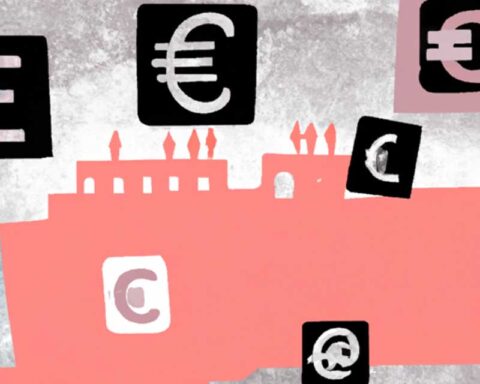TLDR:
Avata and Sleap.io are partnering to launch a new travel insurance product linked to a non-fungible token (NFT). The product will be distributed exclusively through Sleap.io and will be built using the Camino Network blockchain. This technology offers greater security and flexibility to policyholders.
Key Elements:
- Avata and Sleap.io partnering to launch NFT-linked travel insurance
- Product to be distributed exclusively via Sleap.io using Camino Network blockchain
- Blockchain and NFTs offer increased security and flexibility for policyholders
- Chain4Travel also distributing travel insurance products via Camino blockchain
Insurtech firm Avata has formed a strategic partnership with blockchain-based hotel booking platform Sleap.io to launch a new travel insurance product linked to a non-fungible token (NFT). The product, expected to go on sale in the coming months, will be exclusively distributed via Sleap.io. The two companies will utilize the Camino Network blockchain, which is specifically designed to cater to the needs of the travel industry, to develop this innovative product. Sleap.io already leverages this blockchain to support its existing hotel booking services.
A blockchain is an encrypted system that records transactions, particularly using cryptocurrency and NFTs, through a network of interconnected computers. This system offers advantages such as reduced data loss and enhanced data privacy compared to more centralized systems. NFTs, on the other hand, are unique digital tokens created through blockchain technology. While they are often associated with selling digital art, their more practical use lies in serving as an infallible certificate of ownership and authenticity. In the insurance sector, NFTs can be attached to policies, providing greater flexibility and security to customers.
Furthermore, Chain4Travel, the facilitator of the Camino blockchain, announced plans to distribute travel insurance products via the platform in collaboration with insurance provider InterMundial in early 2023. This demonstrates the growing adoption of blockchain technology in the insurance industry to enhance security and offer new solutions to customers.









